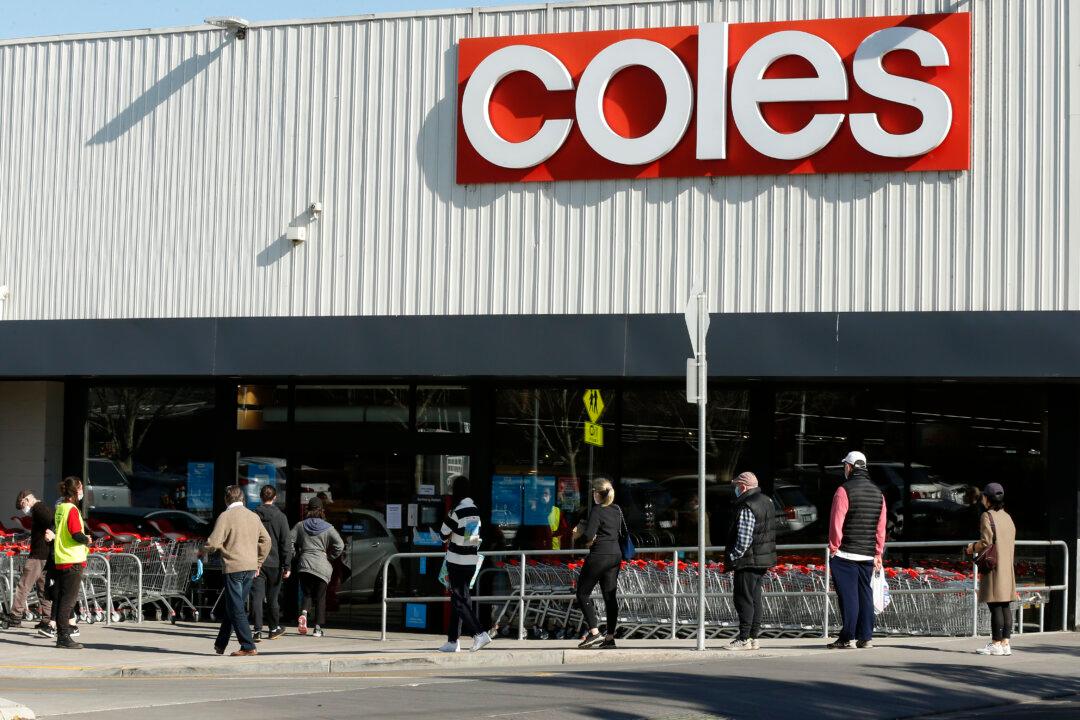Coles expects its acquisition of two state-of-the-art automated milk processing facilities from Saputo Dairy Australia will be completed in the first half of next year after the competition regulator gave its blessing.
The Australian Competition and Consumer Commission (ACCC) announced on Dec. 1 it would not move to block the $105 million (US$70 million) deal first announced in in April between Coles and the Australian subsidiary of Canadian diary giant Saputo Inc.




